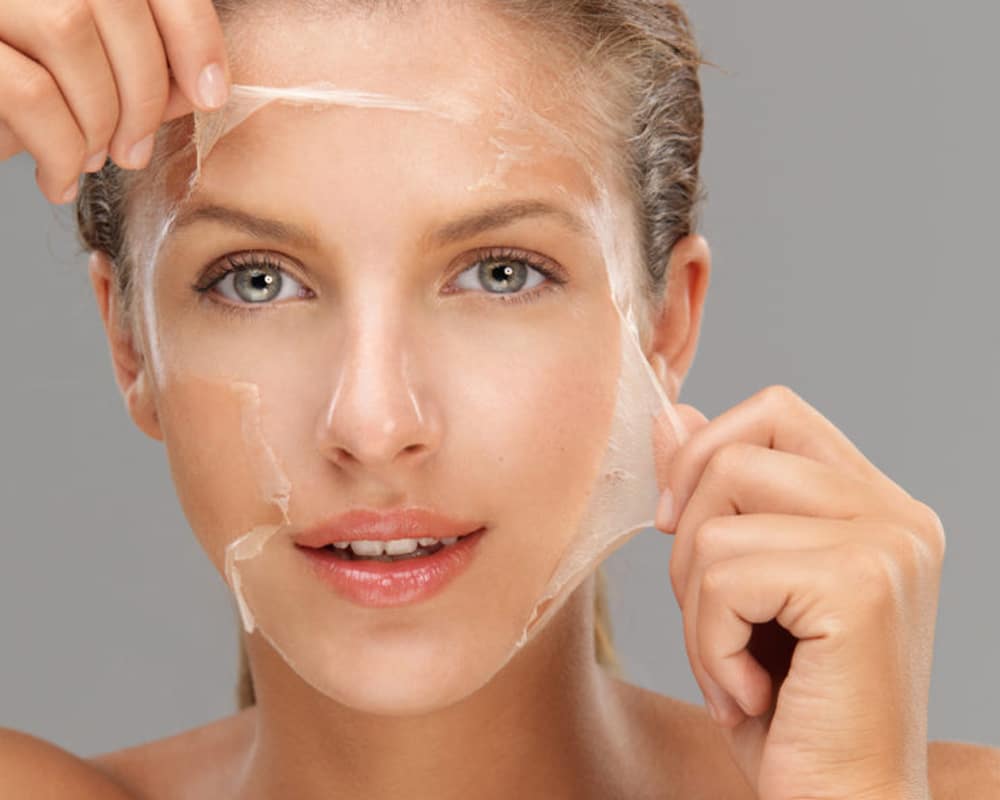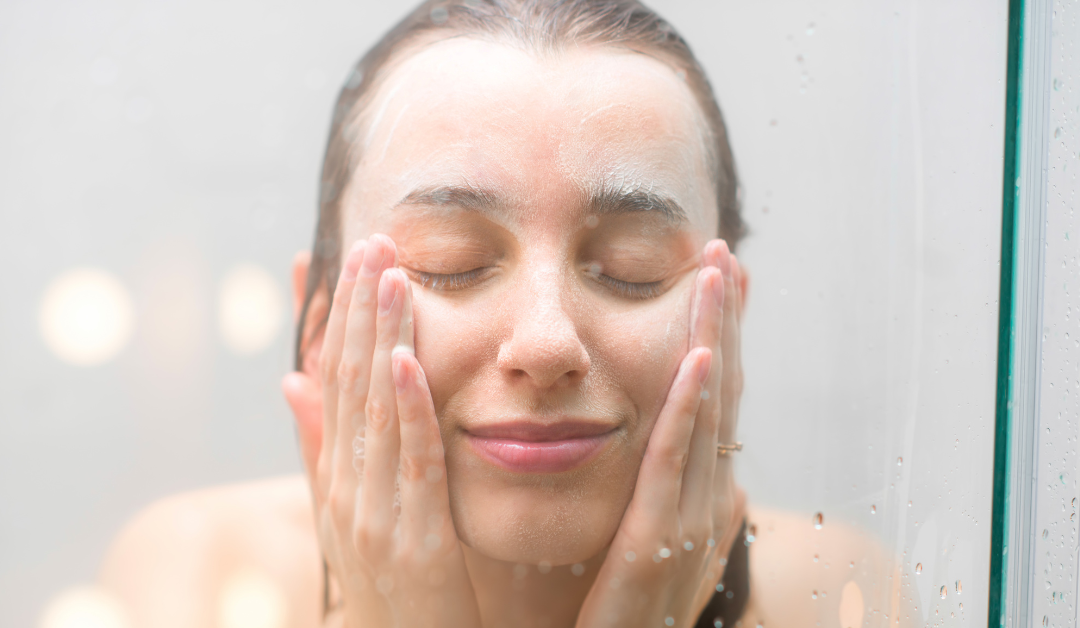Acne: What Your Body is Telling You? Shocking Insights Inside
Understanding the relationship between your skin and your overall health can be a real eye-opener. The phrase 'acne what your body is telling you' encapsulates a powerful message for beauticians eager to deliver effective treatments that resonate with their clients. This article dives into the communication between body health and skin conditions like acne, revealing remarkable insights.

The Connection Between Acne and Body Health
Acne isnt merely a skin issue; it's often a roadmap to understanding what is happening internally. Beauticians should consider factors like diet, stress levels, and hormonal imbalances while assessing clients. The skin acts as a mirror reflecting underlying health conditions, making it vital for professionals to dive deeper.
Why Do Clients Experience Breakouts?
When a client walks into your salon with persistent acne, its essential to ask the right questions. Breakouts can manifest due to several reasons:
- Hormonal changes - Teenagers and women can experience acne due to fluctuations in hormonal levels.
- Dietary choices - Foods high in sugar may lead to spikes in insulin, aggravating existing skin conditions.
- Stress - Cortisol levels rise during stressful periods, further elevating acne problems.
The Importance of Consultations
Consulting with clients isnt just about checking for skin type; go beyond by doing a thorough assessment. Establish dialogue on their lifestyle choices, stress factors, and health conditions. Notes can help keep track of symptoms appearing on the skin.
Products to Avoid for Clear Skin
Clients must be educated on products that could cause more harm than good. Beware of:
- Alcohol-based products - They can dry out the skin, leading to an overproduction of oil, which may cause more acne.
- Harsh scrubs - These can irritate the skin, triggering further breakouts.
- Avoid heavy makeup - This can clog pores and exacerbate acne.
Diet and Its Impact on Acne
Food plays a crucial role in skincare. Clients should be taught how their diet links back to their skin condition:
- Avoid sugary foods - These can cause inflammation and worsen acne.
- Increase omega-3 fatty acids - Found in fish, nuts, and seeds, they help reduce inflammation.
- Hydration - Water is essential for maintaining skin health.
Stress Management Techniques
Stress management is essential for maintaining skin clarity. Here are some techniques to recommend:
- Yoga and meditation - These practices help in reducing cortisol levels significantly.
- Aromatherapy - Consider essential oils to help alleviate stress.
- Physical exercise - Engaging in regular workouts also releases endorphins, improving overall mood.
Innovative Treatments to Consider
The world of beauty technology is ever-evolving, presenting terrific options for treating acne.
- Light therapy - Uses specific wavelengths to combat acne-causing bacteria.
- Chemical peels - They can remove dead skin cells and unplug pores.
- Microdermabrasion - A treatment that renews skin in a gentle manner.
Fostering a Supportive Environment
As beauticians, fostering an environment that encourages clients to share their feelings about their skin can be invaluable. A supportive relationship can ease their insecurities, allowing them to be more open about their struggles.

FAQs
1. Can diet really affect acne?
Yes, what you eat can play a huge role in skin health. Be mindful of high-sugar foods and consider increasing your intake of healthy fats.
2. Should I change my skincare routine frequently?
Changing products frequently isnt advisable unless necessary. It's crucial to see how your skin reacts to a new regimen before making further adjustments.
3. Can stress really cause acne?
Absolutely. Elevated stress levels lead to increased oil production, promoting acne development.

